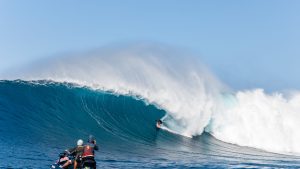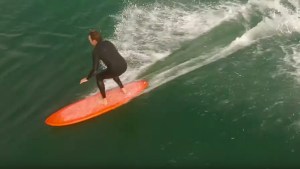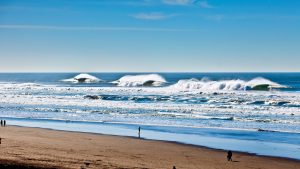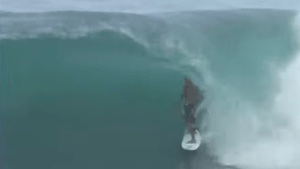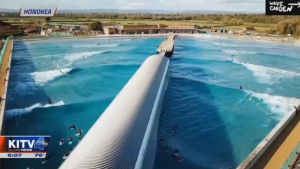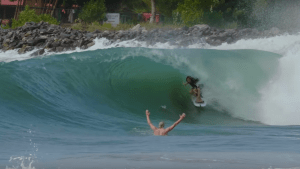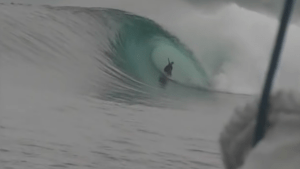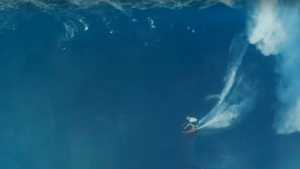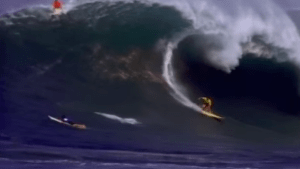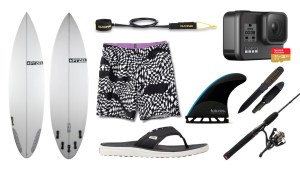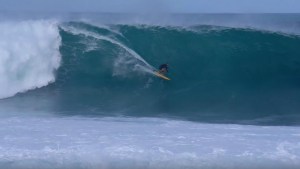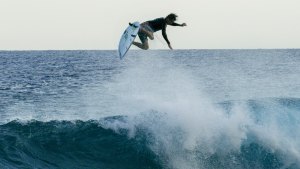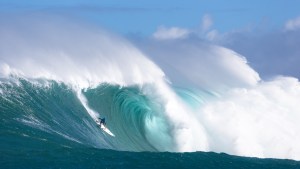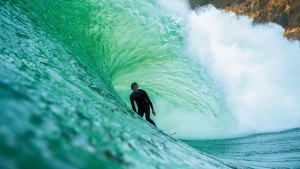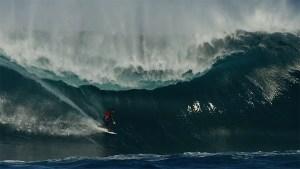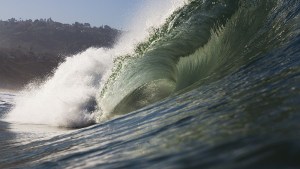Hey, remember when you just went to the beach and surfed and didn’t think about viruses or getting too close to strangers, or whether you have a mask in your glove compartment for the aprés-surf burrito run, or if parking lots are taped off, or if you’d get arrested for getting in the ocean?
We sorta do, but just barely.
Some of you have watched beach shutdowns because of COVID-19 in regions of the country you don’t currently inhabit and thought: “sucks to be them,” as you throw your board in the car and drive down for a standard surf like every other day of your life.
Others have been arrested.
For the majority of us, however, we’re in the middle. Maybe the parking lots at your local are closed, but the waves are there for the taking. Maybe beach lingering is verboten, but wave playing is fine.
Well, the good folks at CSU Channel Islands want to know.
Specifically, Dan Reineman — assistant professor of Environmental Studies and a hardcore surfer — wants to know. He’s leading a study trying to determine how inequalities — socially, politically, economically, etc. — have been apparent in which beaches are closed and which remain open. Or at the very least, to examine how beach closures have impacted various communities.
“We laud the heroic work of public health officials,” Reineman said. “Under their direction, the curve is flattening. We know these efforts have significance beyond the widely reported economic ramifications. With this survey, we are exploring the effects of coastal closures on surfers.
“The situation is extremely dynamic, with different coastal communities implementing different policies at different times,” Reineman said. “Some beaches are closed now, some ocean access has been blocked, some have reopened already and some are open for locals only. As beach closures are temporary, it is critical for surfers to take the survey now.”
But here’s the kicker, from the presser:
“Reineman said that situations like this one illustrate inequities in our access to natural surroundings. ‘For example, you can still surf if you have an oceanfront house,” Reineman said. “Whereas those who rely on public beach access can’t.’”
So, if you’d like to have your voice, or your clicks, anyway, heard, head to the survey website, here, and share, share, share.
Original Post from this site
